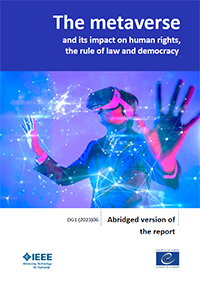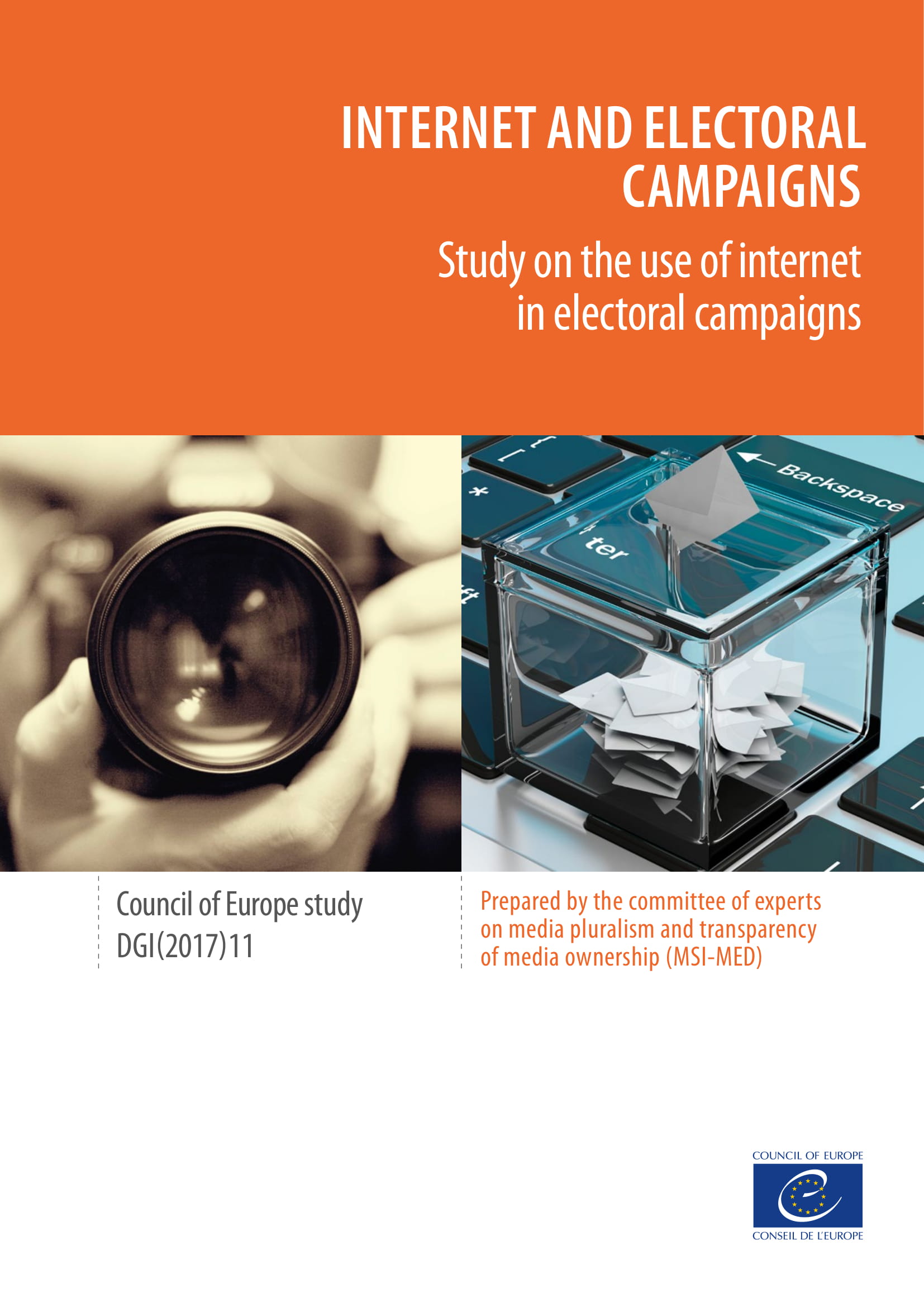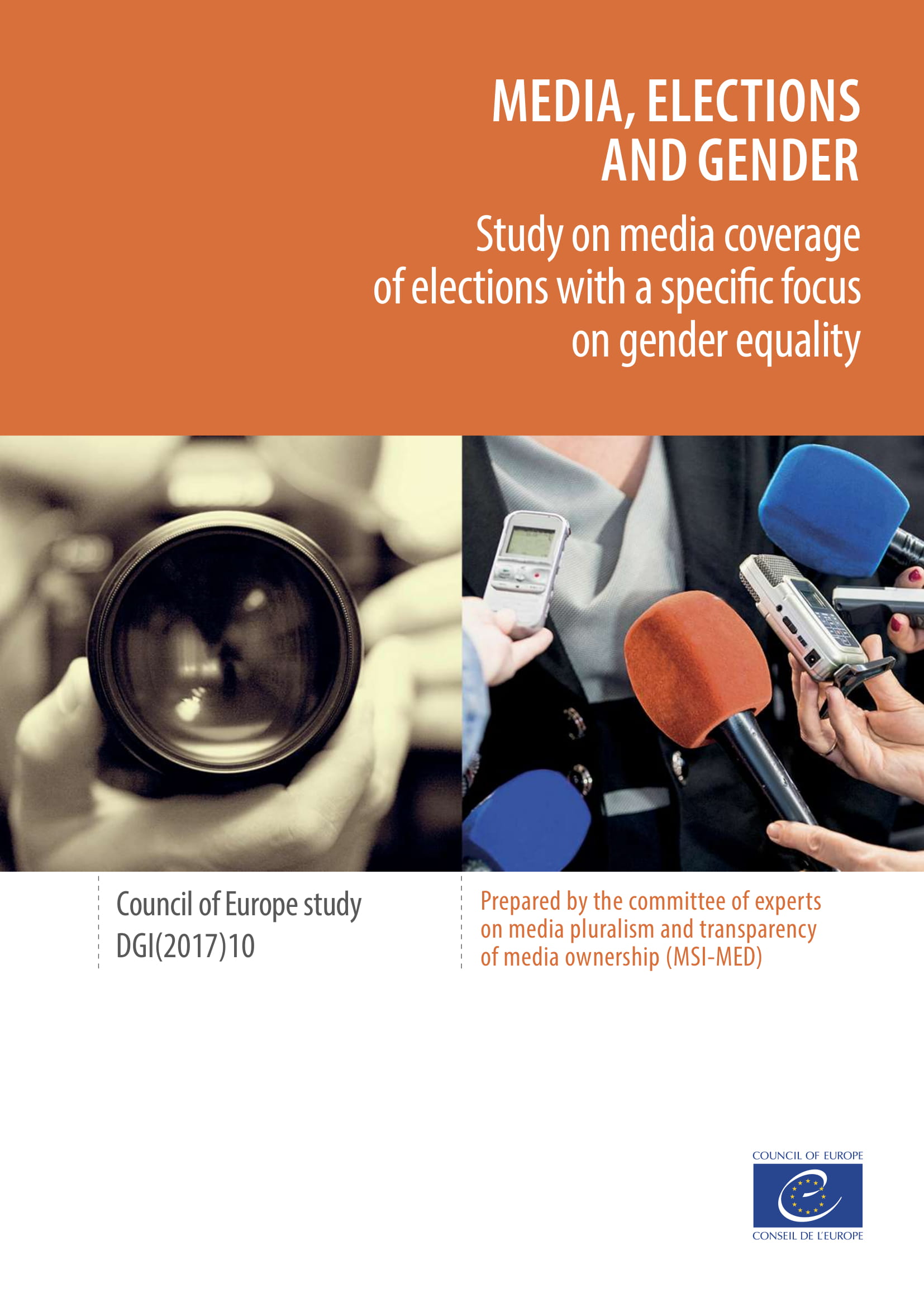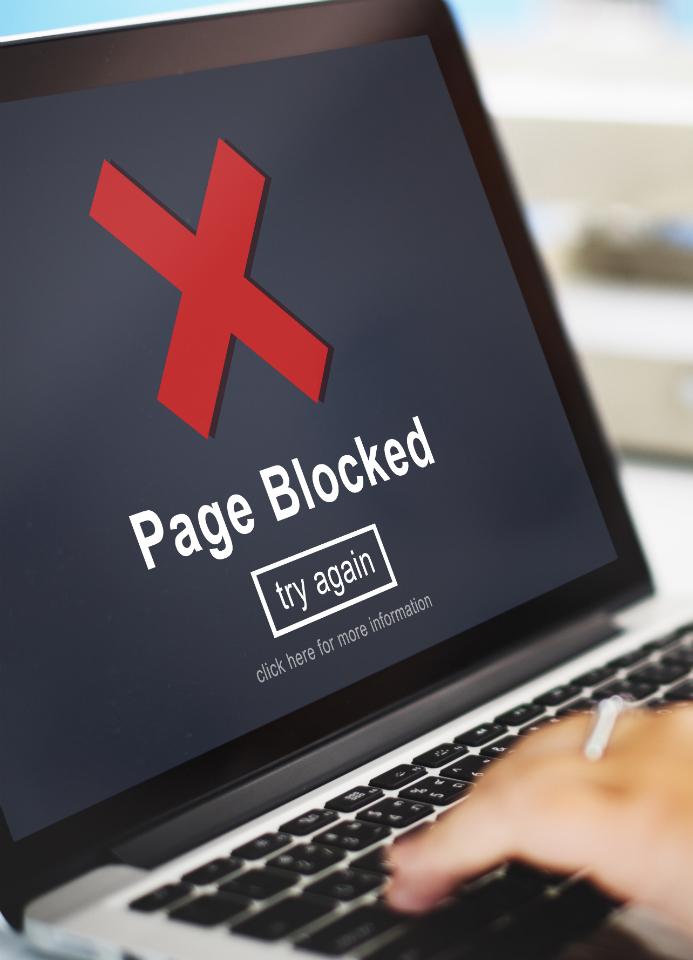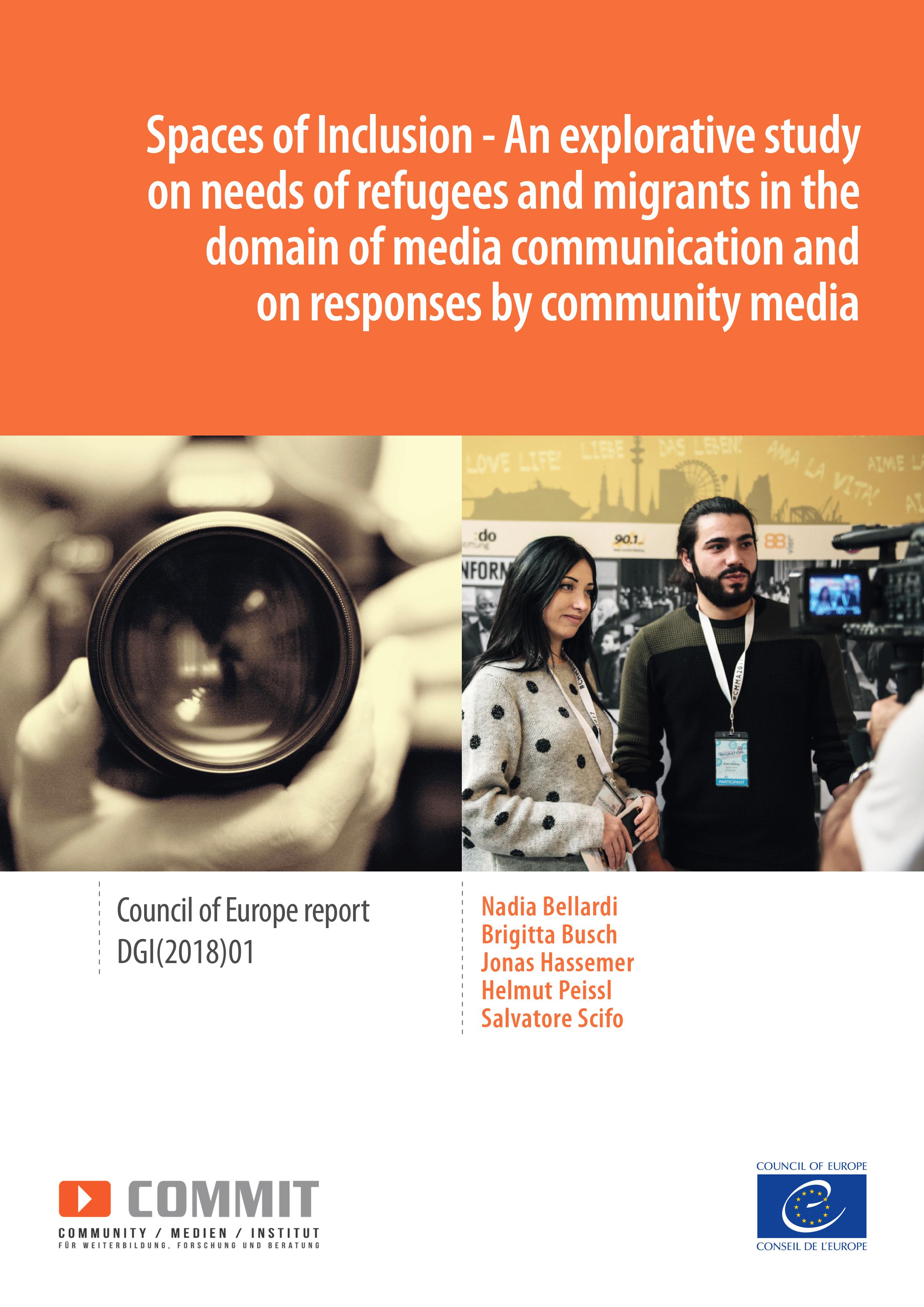Digital Societies and Media

Overtaking traditional media, large technology companies play an increasing role in terms of distribution of news and digital advertising. In this evolving context, the Council of Europe promotes quality journalism that can increase levels of political knowledge, participation and engagement, and subsequently reduce corruption and encourage elected officials to represent their constituents more effectively.
See also: Community Media page
The collaborative report by the Council of Europe and the IEEE Standards Association, aims at aiding Council of Europe member states in understanding the metaverse's potential, applications and associated risks concerning human rights, the rule of law, and democracy. It emphasises the importance of a human rights, rule of law and democracy driven approach to technology development, acknowledging the uncertainty of the metaverse's future evolution.
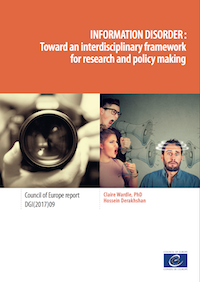
Information Disorder: Toward an interdisciplinary framework for research and policy making
Read more
This report provides a new framework for policy-makers, legislators, researchers, technologists and practitioners working on the theoretical and practical challenges related to mis-, dis- and mal-information – the three elements of information disorder. While the historical impact of rumours and fabricated content have been well documented, the complexity and scale of information pollution in our digitally-connected, increasingly polarised world presents an unprecedented challenge. There is an immediate need to work collaboratively on workable solutions and this report provides a framework for the different stakeholders involved in research, policy discussions, and technical innovations connected to this phenomenon of information disorder.
A well-functioning democracy requires free and diverse news media capable of keeping people informed, holding powerful actors to account and enabling public discussion of public affairs. Existing research suggests that quality journalism can increase levels of political knowledge, participation and engagement, and can furthermore help reduce corruption and encourage elected officials to represent their constituents more effectively.
The freedom, diversity and ability of news media to enable democracy depend on the institutional structure of individual countries’ media environment. Today, these media environments are changing in part as a result of technological and market developments largely associated with the rise of digital media. This report reviews evidence-based research on the opportunities and challenges these developments represent for news media and their role in democracy in different contexts.
This study examines the implications of the shift of electoral advertising to the internet, in particularly as regards electoral spending and questionable advertising techniques based on micro-targeting of voters with personalised messages. The study identifies a number of concerns for the fairness and legitimacy of electoral processes, such as the lack of transparency of campaigning, spending, messages and algorithms used in digital advertising, large-scale invasions of privacy, lack of journalism filter to fact-check political messages, the increased amount of disinformation, and lacunas in electoral campaigning regulation (e.g. impossibility to enforce silence periods). It concludes that the current regulatory framework no longer suffices for maintaining a level playing field for political contest and for limiting the role of money in elections. The study identifies a number of areas where electoral and media legislation should be revisited and reinforced in the future.
This study explores how male and female politicians are portrayed in the media during electoral campaigns and to what extent the representation of gender during elections influences voters’ decisions. It consists of a review of existing research reports and an overview of current practices in the member states of the Council of Europe.
The study shows that while female politicians in general receive less media attention than their male counterparts, their gender is frequently the focus of debate. Moreover, the electoral messages are framed mostly by male journalists, editors and experts, the level or promotion of women to positions of responsibility remaining relatively low. The study reaffirms the need to mainstream gender equality and incorporate it in all aspects of media coverage of elections, including through implementation of the existing standards of the Council of Europe, as well as through media education and research.
The Council of Europe commissioned to the Swiss Institute of Comparative Law a comparative study in respect of filtering, blocking and take-down of illegal content on the internet in the 47 member states of the Organisation. This study describes and assesses the legal framework but also the relevant case-law and practice in the field. It is divided in two main parts: country reports and comparative considerations.
The role played by media in framing the public debate on migration, with often divisive narratives focussing on the threats that refugees and migrants can pose to the security, welfare and cultures of European societies, has attracted much attention in political and academic circles. While it is essential to properly equip and prepare journalists for the challenging task of contextualised and evidence-based reporting on this complex topic, it is equally vital to ensure that sufficient opportunities are provided to migrants themselves to develop an independent voice. This report explores the media habits and particular needs of refugees and migrants in the domain of media communication. Good practice examples show how community media can meet the communicative needs of refugees and migrants by offering training and space for self-representation, and by offering points of entry into local networks. Their bottom-up approach to content production contributes to a multilingual media environment that reflects the diversity of European societies and recognises marginalised communities as integral and respected part of the audience.

"Everyone has the right to freedom of expression"
Art. 10 European Convention on Human Rights



